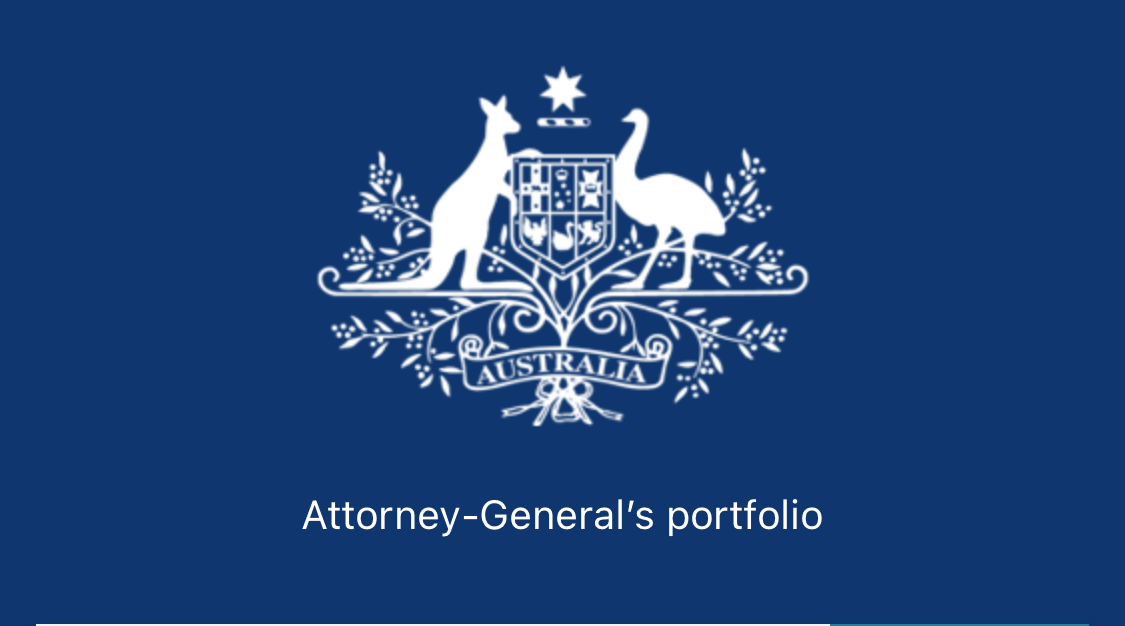December 14, 2022
By Grant Wyeth for The Diplomat
In the early 1980s, one of the more short-sighted international agreements was devised and implemented. The Hague Convention on the Civil Aspects of International Child Abduction sought to address what seemed like an obvious problem: children being moved across borders without the consent of both parents. Yet the convention unintentionally created a tool for abusive men to use against their former partners and children. The convention generated a way for men to use international law to maintain control, and prevented women and children from fleeing domestic and child abuse.
Under the Hague Convention a child is considered abducted if they are taken across an international border by one parent without the consent of the other parent. The problem that Hague Convention initially saw was one of disgruntled fathers who may have lost custody cases taking children to their country of origin, or to countries where courts were more sympathetic to paternal authority (although, as I will get to later, that’s essentially everywhere now).
Yet nowadays around three quarters of all cases filled under the Hague Convention are against mothers – most of whom are fleeing domestic violence or seeking to protect their children from abuse. Although Article 13 of the convention does state that an order for the return of a child can be rejected if there is a “grave risk of harm,” most courts ignore this provision because they see the convention as an international law about jurisdiction, not a law about child welfare.
Recognizing this problem, this week the Australian government implemented a new law that requires Australian courts to consider allegations of family and domestic violence before any return orders are made for children under the Hague Convention. This law should oblige Australian courts to prioritize Article 13 of the convention over any other considerations.
However…
